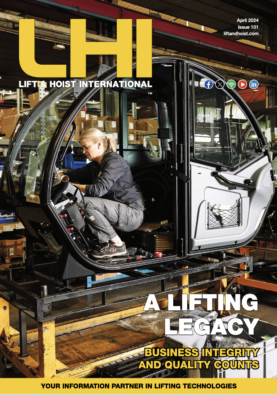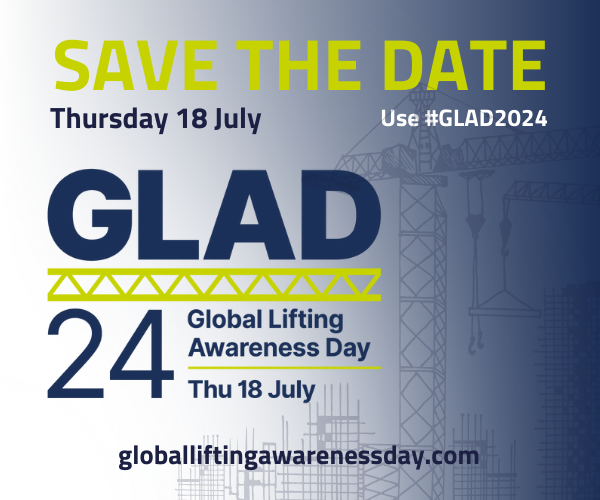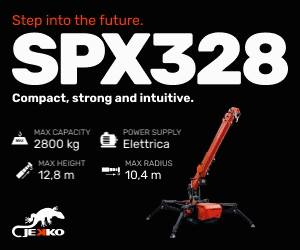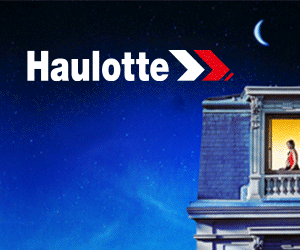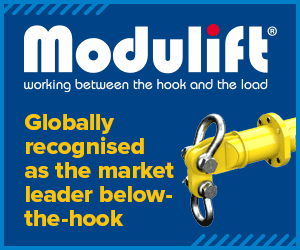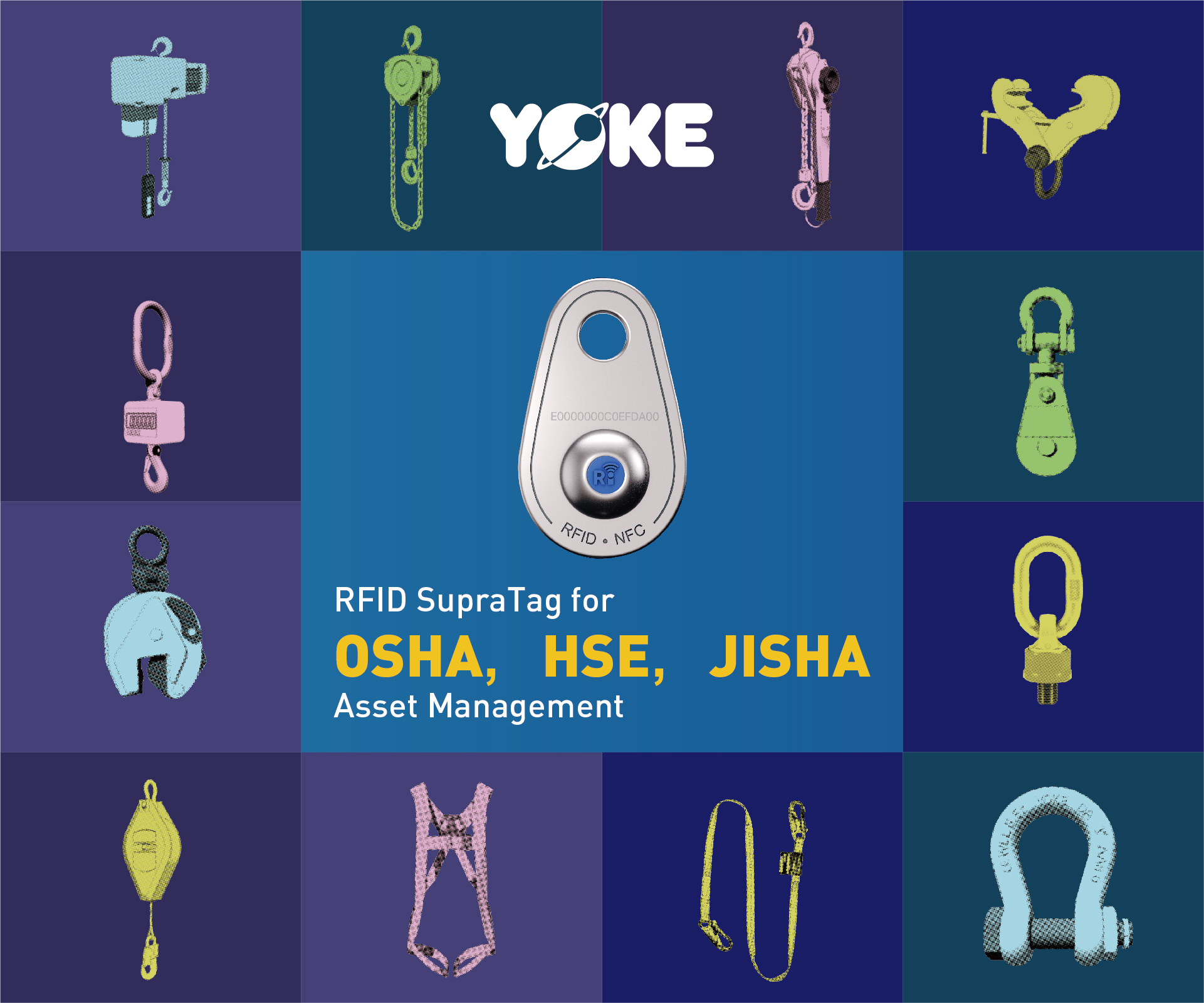)
Can you do the Robot?
There remains a place for individuals to shine, even in the new world, and especially in the lifting industry, says Joel Cox, in his final column before #GLAD2023.
Things are markedly different to when Dancing Machine was released by the Jackson 5 in 1974.
The quintet made famous the robot-style dance, which they performed to the album’s title track. I think it was a cool thing to try because it was about humans acting like robots. Everyone has had a go on a dancefloor or at a party over the years.
Of course, these days, it’s the other way around; robots are becoming increasingly intelligent and performing human tasks.
There’s been a lot of media coverage recently about artificial intelligence (AI), especially chatbots like ChatGPT, developed by OpenAI. ‘Chat,’ of course, hints at its purpose, while ‘GPT’ stands for generative pre-trained transformer. Such bots are now used to mimic a human conversationalist, but we’ve seen them go beyond that, to copy the style of celebrities and compose music. The song, Heart on My Sleeve, was notably removed from TikTok, Spotify and other listening platforms for infringing content created with generative AI.
And that’s really the crux of this article; nobody wants to live in a world of robots, and it will be humans that shape our businesses and our futures. However, AI, automation, the Internet of Things (IoT), plus whatever else is around the corner, will be part of it too.
We’ve got to run with, not away from, robots.
Own mind
One of my heroes is Nikola Tesla and it was fascinating to read about what he reportedly stated in the early 1900s:
“I purpose to show that, however impossible it may now seem, an automaton may be contrived which will have its ‘own mind,’” Tesla wrote in June 1900, “And by this I mean that it will be able, independent of any operator, left entirely to itself, to perform, in response to external influences affecting its sensitive organs, a great variety of acts and operations as if it had intelligence.”
Of course, we also know the great man said things like, “In the twenty-first century, the robot will take the place which slave labour occupied in ancient civilisation.”
I got to thinking about other quotes attributed to Tesla. In The Prestige, a 2006 psychological thriller film, Robert Angier and Alfred Borden are rival stage magicians in Victorian London, who feud over a teleportation trick. The movie also features Tesla, played by David Bowie, who says: “You’re familiar with the phrase ‘Man’s reach exceeds his grasp’? It’s a lie. Man’s grasp exceeds his nerve. The only limits on scientific progress are those imposed by society. The first time I changed the world, I was hailed as a visionary. The second time I was asked politely to retire. The world only tolerates one change at a time. And so here I am. Enjoying my ‘retirement’. Nothing is impossible… what you want is simply expensive.”
The suggestion is that, to achieve anything worthwhile, a person should attempt even those things that may turn out to be impossible—unpopular, even. This says more about how we should use AI and much less about how we should fear it. If used properly, this technology could do amazing things and find ways to be used for good – “a great variety of acts” – and be monetised in business.
Aiming high
I see AI being harnessed for lightning-quick responses and leveraged by the service industry to deliver action faster than would be possible by an overloaded human being. I see data entry being taken off a person’s worn-down fingers. I see certain marketing activities being enhanced too. But I don’t see a world where particular resources and important job functions are made redundant by robots. There are small details that only a human can perform, based on intuition. It’s about using what Tesla called the robot’s “own mind” to human advantage.
Many of our brakes, like the products readers of this magazine might manufacture and use, are ‘intelligent’ in terms of monitoring and predictive maintenance. In fact, this technology now feels old. As such, this will increasingly be realised with AI in terms of performance reviews and downtime trends. We’ve also seen IO-Link—it is a point-to-point serial communication protocol used to communicate with sensors and / or actuators – become more common. Downtime is thusly reduced and humans win.
Technology will drive growth and with growth comes greater need for people. It’s evident that there remains a place for individuals to shine, even in the new world. Nobody really danced to Heart on My Sleeve, in the style of a robot or otherwise, because there wasn’t a human behind it. Nobody would attend a conference, in-person or virtually, to listen to a robot. Nobody wants to be pitched by a bot or visited by a humanoid, however attractive they might be.
On the other hand, they don’t need the warmth of a human hand to deliver a catalogue or troubleshoot certain problems, especially if they didn’t even know there was a problem until after it was solved.


